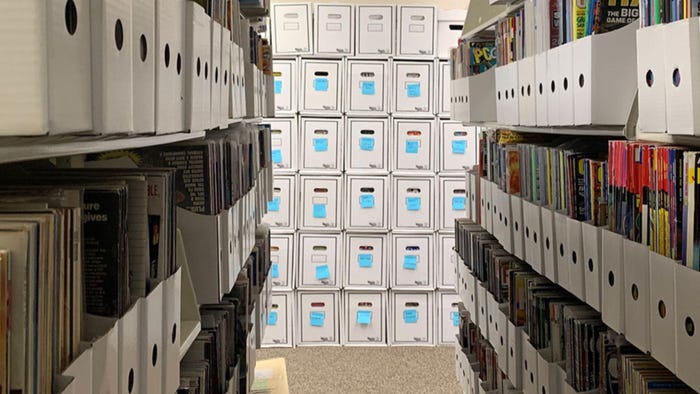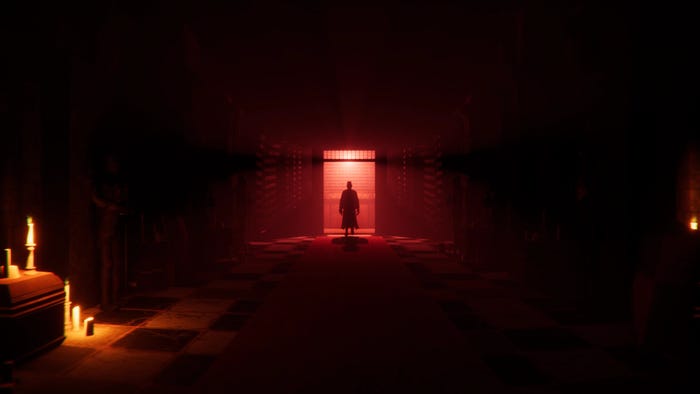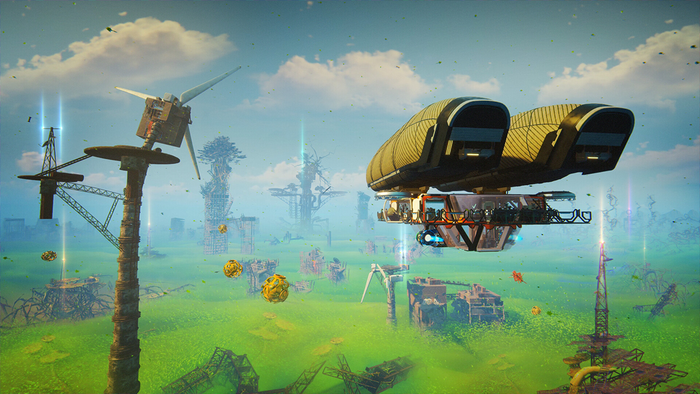The sprint retrospective of our first milestone in our Team Group Project.

So TGP2’s Proof of Concept Tech milestone is finally finished, and it was a smashing success for our team.
As I briefly mentioned in my blog about Team Evaluations, our team really bonded over the course of the milestone. I think this played a critical role in the success of our Proof of Tech sprint, and is paving the way for this team’s future success throughout the project’s lifetime.
How did the team build so much cohesion in such a short time frame? Honestly, the process was completely organic. Early in the project, I led a team discussion on the importance of teamwork during a game project and how teamwork (or lack thereof) impacts your final product. While I believe that this discussion was an important part of our milestone, it wasn’t the predominant contributor to the team’s unity.
Overall, it was the team members themselves that came together and unified under the common banner of “let’s make something amazing.” These guys are awesome. They were extremely collaborative. That’s not to say that there weren’t points of contention during the sprint, but the team members approached these situations with the desire to find a best solution for all parties, rather than trying to prove that their idea is better than everyone else’s.
So, looking back at my role as the associate producer during this sprint, I think to myself -- what were my contributions to the team during this sprint? Essentially, I served as a resource for information on anything that the team required of me. In other words -- I let the team work. Perhaps this sounds like sheer laziness on my part, but I actually think it was one of the most important things I did during this sprint. This particular team is so self-effective, that any interjection on my part stood a higher chance of impeding, rather than improving, their efforts.
The main takeaway I would like to leave you all with is this: every team is different. Some teams are more comfortable with more top-down direction, while others operate more smoothly as an independent strike force. Thanks to this milestone, I’ve learned that identifying the needs of your team is just as important as scheduling and conflict resolution. Doing so will allow you to become a more flexible producer, a stronger leader, and able to provide support to your team in the areas that count.
Read more about:
BlogsAbout the Author(s)
You May Also Like









